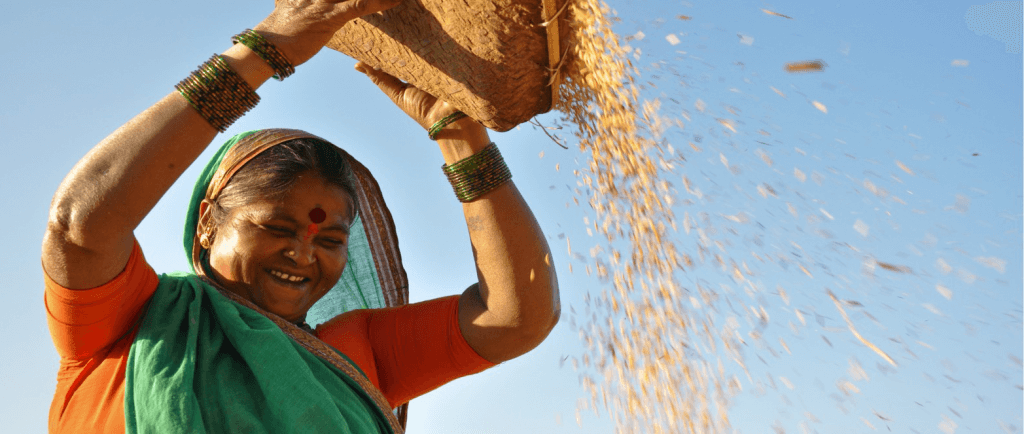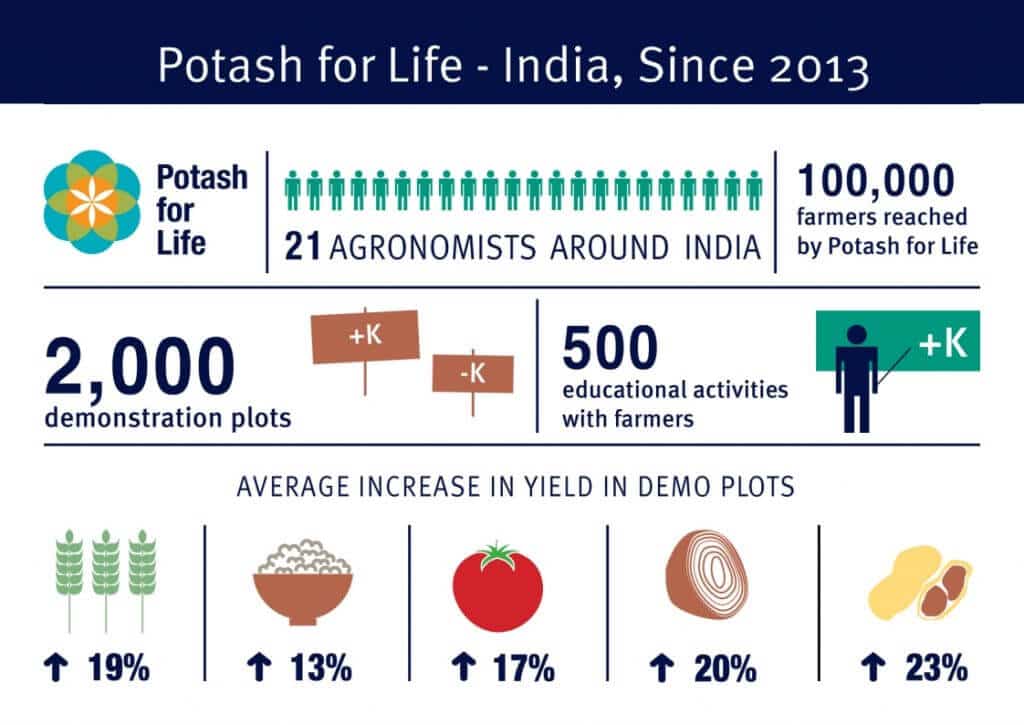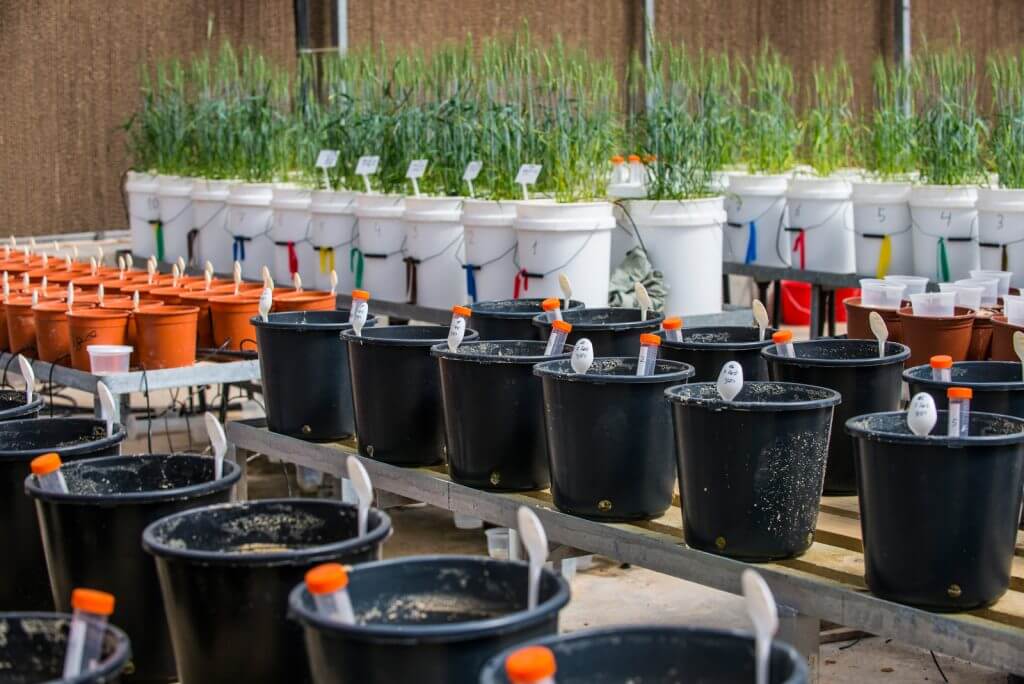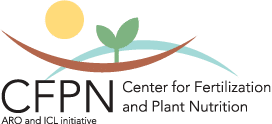Agricultural Research & Training
International Potash Institute (IPI)
ICL is involved and supports the goals of the International Potash Institute (IPI). The IPI’s mission is to develop and promote balanced fertilization for higher yields and more nutritious food ensuring sustainable production through conservation of soil fertility for future generations. Founded in 1952, IPI is a non-governmental and non-profit organization with worldwide reach.
150 field experiments and research projects worldwide
The International Potash Institute (IPI) aims to help farmers, and those who advise them, to respond to these challenges by:
- Contributing to the maintenance of soil fertility and the production of nutritious food by conducting related applied research and educational programmes.
- Disseminating and transferring the knowledge available on the effects of potassium (K) in soils and its impact on yields, quality and stress tolerance in plants.
- Collecting, analyzing and sharing the results and information on the effects of balanced fertilization to optimize the use of plant nutrition.
9 Of ICL’s agronomists are acting as IPI coordinators, executing experiments, organizing training and meetings, and publishing relevant material in countries worldwide.

Potash for Life - Sharing Knowledge With Farmers

For over a decade, ICL carries out information campaigns by the Company’s agronomists in developing countries including India, Bangladesh, Sri Lanka, China, the Philippines, Brazil and Mozambique. ICL personnel work with agronomists, researchers and government agencies around the world to conduct Potash based agricultural research, farmers’ meetings and provide training services through the International Potash Institute (IPI).
A prominent example of such campaigns from recent years is the “Potash for Life” program in India. The goal of the program is to reach isolated and remote villages, and to spread the word about the benefits of potassium as fertilizer for agriculture.
During 2018, the activity in India included 1,076 demos, 207 field days, 28 training programs and participation in 29 agricultural fairs.


Center for Plant Nutrition
In 2015 ICL established a Center for Fertilization and Plant Nutrition (CFPN). The CFPN is a global center for research and knowledge
in the field of fertilizers and plant nutrition in conjunction with Israel’s Agricultural Research Organization (ARO) – Volcani Center, part of the Ministry of Agriculture and Rural Development of Israel. The Bnei Shimon Regional Council are also members of the CFPN, representing the many farming communities in this part of the country.
Mission:
- Improving knowledge and innovation in fertilization and plant nutrition.
- Supporting and educating young scientists.
- Transferring agricultural knowledge by providing expert training.


The CFPN, which represents a unique Israeli-based partnership between the public and private sector, fosters increased knowhow that is required now more than ever. Despite the critical importance of fertilization and increased global awareness of the need to increase food production and food’s nutritional value, the number of researchers in this area is diminishing. The CFPN was established to counter this challenge.
Research is conducted by ARO scientists in partnership with colleagues from other research institutions. The CFPN offers scholarships and research grants to graduate and Ph.D. students in Israel and from abroad. The center has already trained and worked with foreign students from Asia and East Africa. There are multiple research projects currently in progress in the CFPN. During 2018, it operated 21 active projects in addition to field trials and agronomic workshops.


USAID CROP NUTRITION FARMER TRAINING PROJECT IN TANZANIA - MBOGA NA MATUNDA
In May 2017, the United States Agency for international development (USAID) sent out a call for proposal of funding under the Feed the Future Tanzania Mboga na Matunda (Fruit and Vegetables) program. This program is aimed at increasing the productivity and profitability of smallholder horticultural farms in Tanzania. ICL was one of the few companies that won the co-funding award of 150,000 USD.
The first year of ICL’s USAID funded partnership award, that started in February of 2018, successfully came to an end in March of 2019. The objectives under this award were to increase agro-dealers’ knowledge of fertilizer products, increase smallholder farmers’ access to affordable and quality fertilizer products; facilitate trainings on balanced fertilization and available fertilizer products, and enable the adoption of appropriate fertilization practices by farmers (especially women and youth). The target of the project was to reach 3,000 farmers by setting up 30 demonstration plots and also connect the farmers to a distribution network through local agro-dealers.
One of the objectives of the program was to facilitate trainings on balanced fertilization and available fertilizer products, and enable the adoption of appropriate fertilization practices by farmers - especially women and youth
ICL identified key lead farmers in the target regions and worked with these lead farmers to establish demonstration plots. ICL also identified some farmers who already had established greenhouses to demonstrate to them how to incorporate fertilizer in their irrigation systems.
ICL established a total of 34 demonstration plots containing tomatoes, potatoes or onions. Soil analysis was conducted at each demonstration site to establish the fertilizer regiments (Products and quantities) used in the demonstration plots. The plots were divided into two portions each of 0.375 acres. On one side, the farmer applied fertilizers as per their normal regime, while on the other side, ICL applied fertilizers based on its improved fertilization regime. All other practices were standard across the two portions. ICL provided all the required inputs for the full (0.75A) plot. To ensure success, ICL monitored the activities in each plot closely from the onset (land preparation) to the conclusion (harvesting) and incorporated trainings of farmers at the demonstration sites.
Trainings
ICL conducted seven trainings at the inception of the project in different areas. ICL also conducted trainings for smallholder horticulture farmers by organizing at least 3 trainings at each demonstration plot. The trainings were aimed at teaching the farmers basic crop nutrition methods and also showcasing the difference between an improved fertilization regime and more traditional practices practically by observing the difference in the crop growth and production between the farmers practices and the ICL practices. The trainings were conducted at crop establishment, crop growth stage and finally field days were held in each plot at crop harvesting stage. A total of 3,375 farmers were trained.
34 Demonstrations plots - 3,375 farmers trained
Results
The yields obtained at the plots with ICL practices were evidently higher in all three crops (tomatoes, onions and potatoes). The average increase in yields was 46% for tomatoes, 47% for onions and 57% for potatoes.
Whereas the cost of fertilizers for the ICL practices was higher than for the farmer practices side, the return on investment (ROI) was higher on the ICL practice. A calculation on the value cost ratio (VCR) based on every extra dollar spent on fertilizer showed that the farmer was getting 6 dollars more for onions and potatoes and 11 dollars more for tomatoes.
Given the success of the project, USAID has decided to extend the funding for one more year starting from July 2019 to August 2020. ICL is looking forward to another fruitful year ahead




